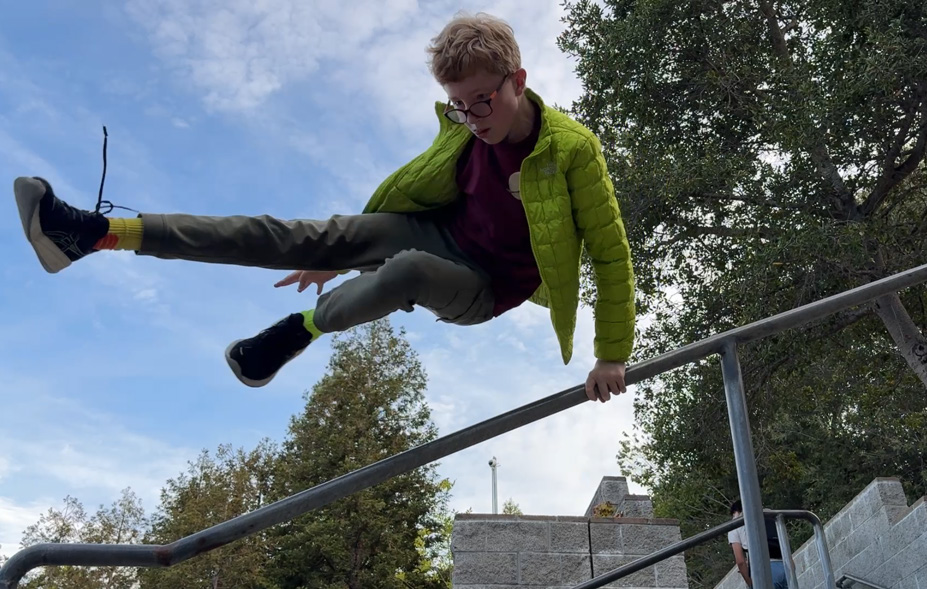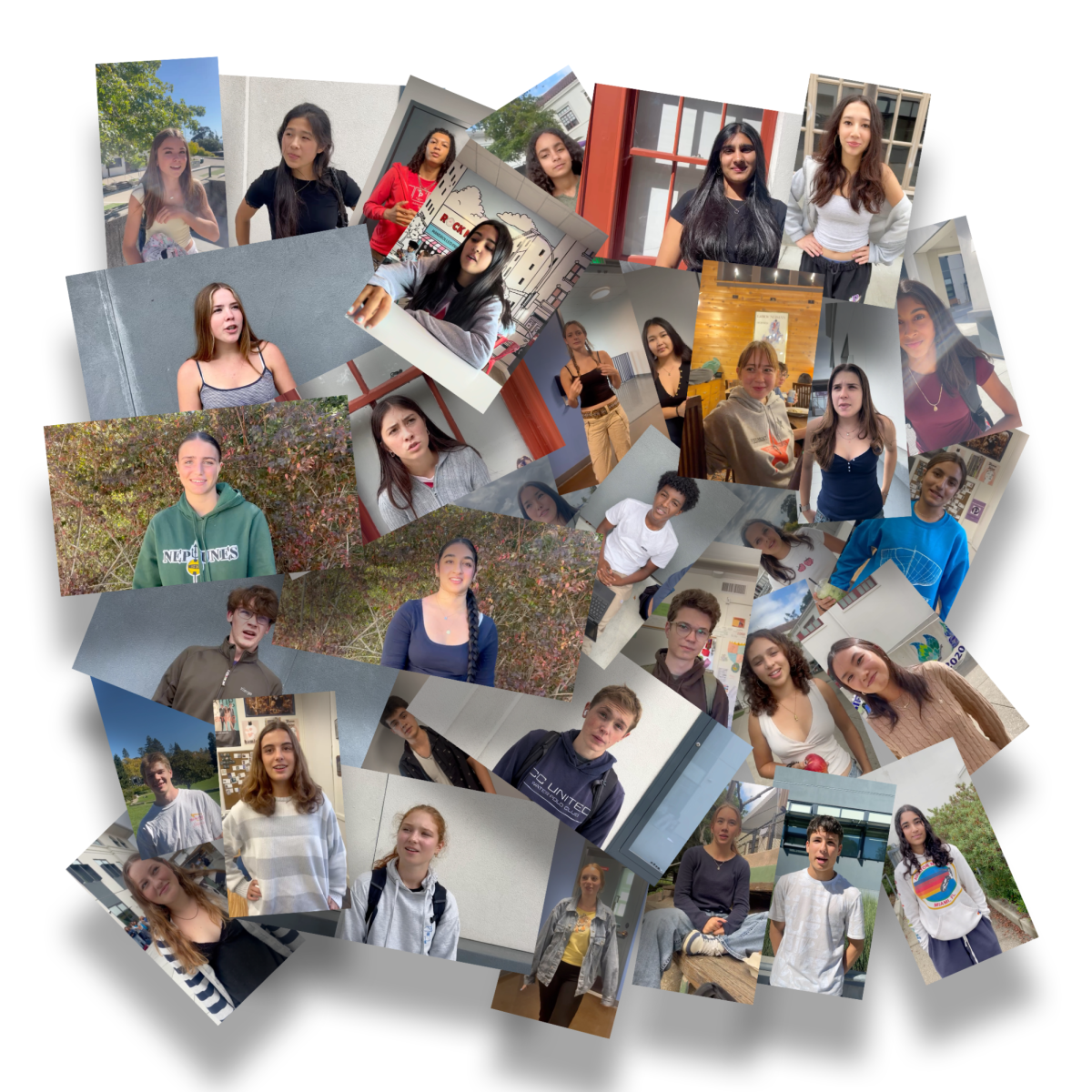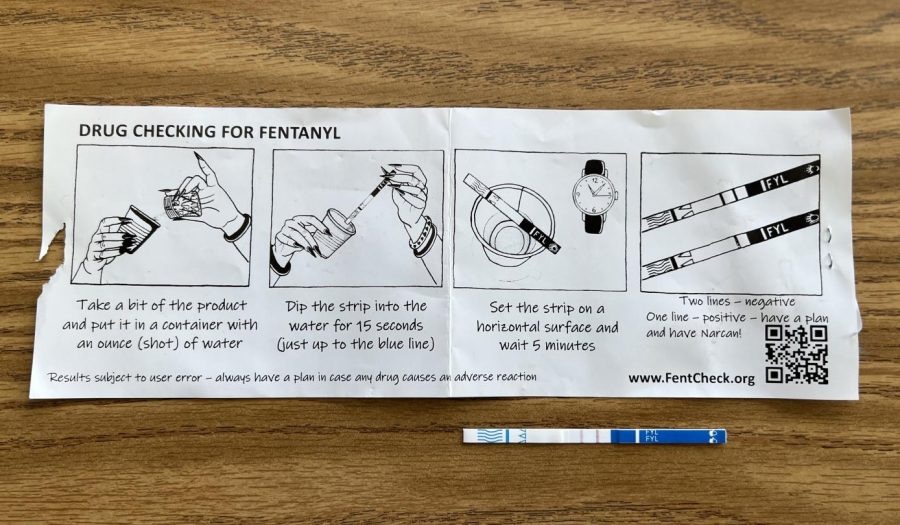As an editorial board, we believe that students must actively participate in belonging efforts for them to succeed. Our administration deserves credit for recognizing that academic achievement alone does not create a thriving school environment.
The belonging assembly addressed real issues of isolation and exclusion that many students face. Our new PHS mascot represents an attempt to build shared identity and pride. These initiatives demonstrate administrative awareness that applies ideas of inclusion and cohesion to our school.
Ultimately though, the impetus is on students to make or break these efforts. We can choose to engage genuinely with belonging initiatives rather than treating them as interruptions to our day. We can check in on classmates who seem stressed or overwhelmed and offer support. Most importantly, we can actively include classmates who seem isolated or ignored. This might seem like an elementary concept, but in reality it’s often overlooked by students.
Building belonging requires vulnerability from both administrators and students. When we dismiss belonging efforts as “cringe” or unnecessary, we protect ourselves from the discomfort of genuine community building. Students have the power to create belonging beyond official school programs. Clubs like the Jewish Student Union (JSU) and Advocacy for Asian Americans (AAA) help dismantle cliquey and exclusionary ideas,
These actions accumulate into a culture where everyone feels valued and connected. The success of belonging initiatives ultimately depends on student willingness to be vulnerable, inclusive, and genuinely supportive of one another.
Administrative assemblies and mascot appearances are starting points; the real work happens in daily interactions between classmates. If we want a school where everyone truly belongs, we must be willing to make belonging a shared responsibility rather than leaving it entirely to our administration.





























